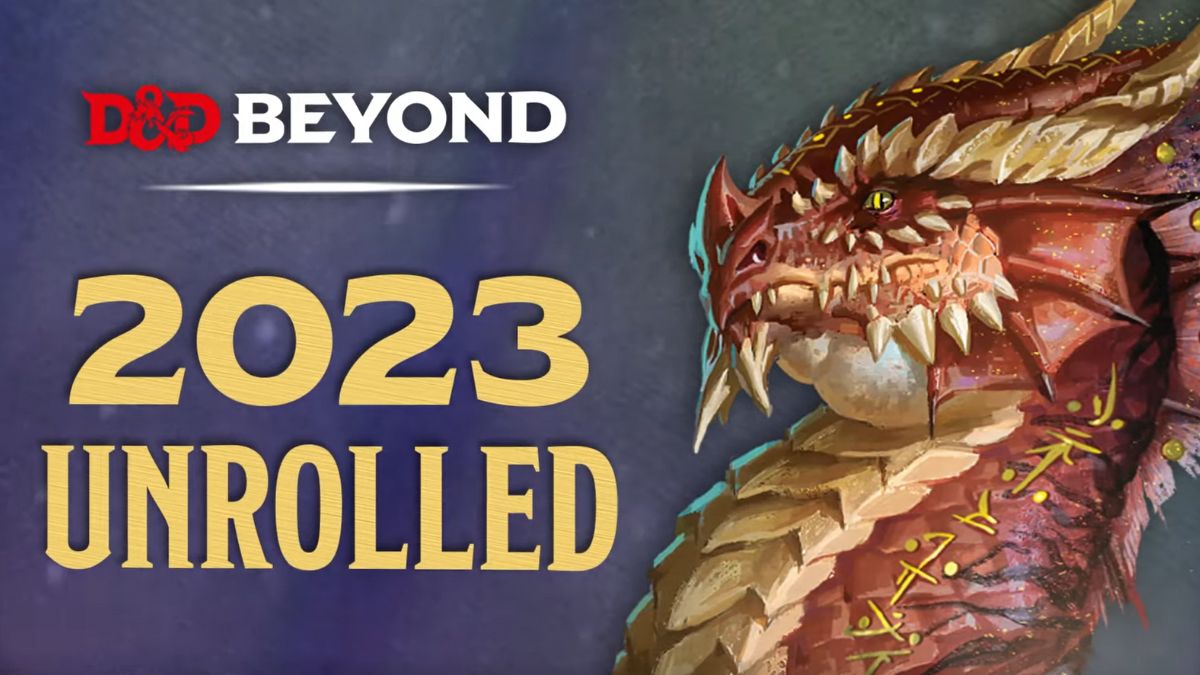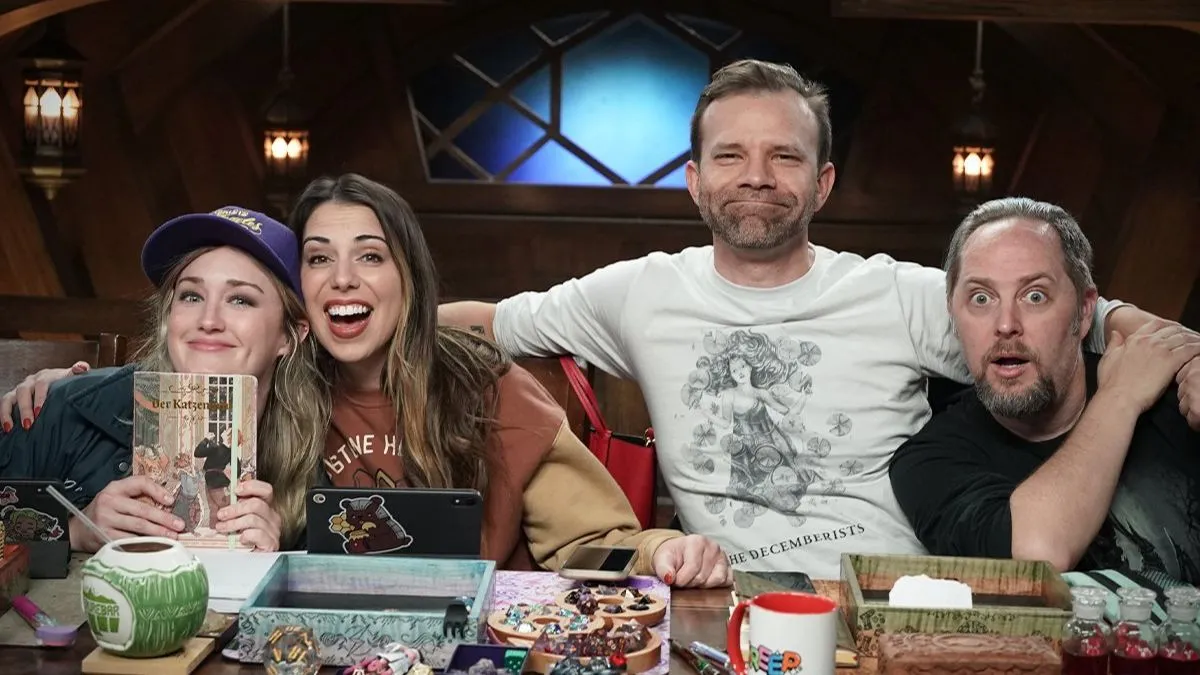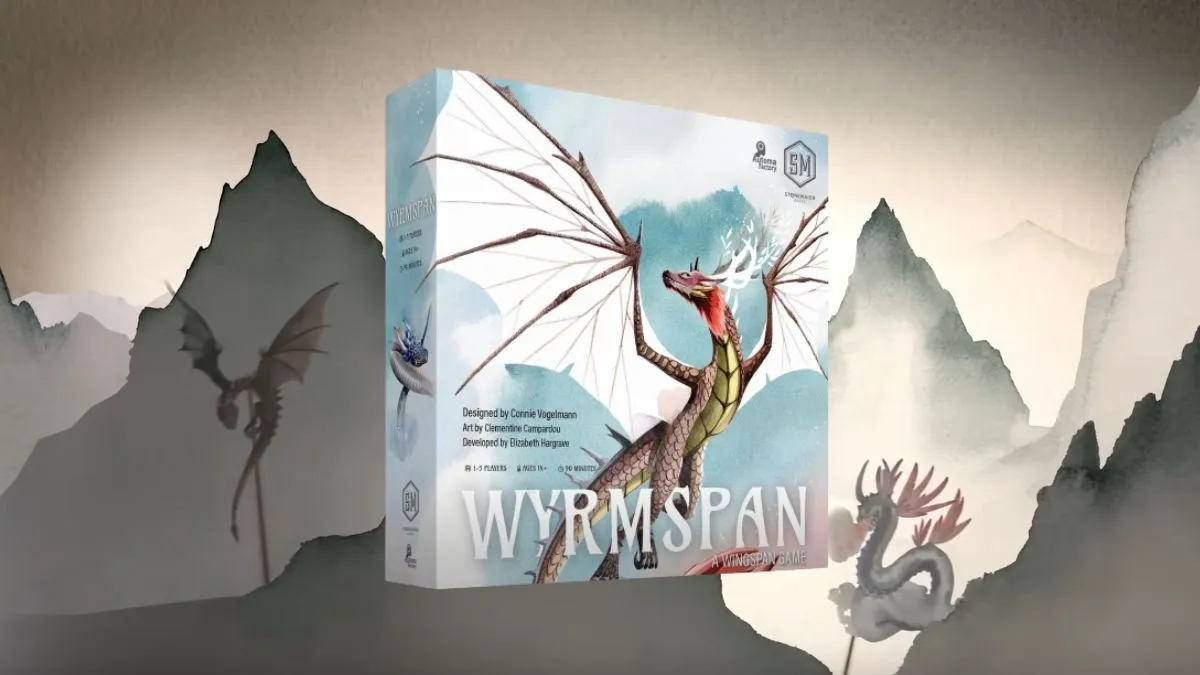There are a lot of resources for new DMs in Dungeons and Dragons (DnD) and other TTRPGs, but being a new player can be just as intimidating, so we’ve assembled a list of tips for those just coming to the game and beginners.
Before we begin, even if you’re not the DM, you’re part of a shared storytelling collective, and your voice matters. While I’m offering different methods to achieve a goal, that goal is to make a connection with other players, the DM, and the world you’re playing within. Things are more fun when you’re invested in others and others are invested in you. As such, this is by no means an exhaustive list, but a set of tips to achieve that goal.
Have a Reason to Care About Other DnD & TTRPG Players
It’s not fun playing with a character in the party who wants to brood in the corner. It’s not fun to be in a party with a loner, a person who rolls to randomly decide how they will react, or a selfish person who never takes the other characters or player’s thoughts and feelings into account.
DnD and all tabletop RPGs (except solo TTRPGs, but that’s a whole different post) are a shared storytelling experience. To better incorporate the other folks at the table and to help foster their parts of the story, have an in-game reason to care about the other characters.
You don’t need your character to come into the game with deep, established connections with every other character. Your character doesn’t have to be a long-lost childhood friend of one of the other characters or a former in-law by marriage to another. It can be simple or mundane. If one party mate is really into floating island folk music, maybe your character likes that genre too. You can also develop connections to make a reason to like the other party members, like finding out you and another party mate enjoy pulling harmless pranks, and you bond over doing those together.
Related: Critical Role: Who Is Trent Ikithon in Mighty Nein, Explained
Have a Reason to Care About the World
Real talk: While we all generally have our issues and gripes with this world we live in, we do live in it. We have political views (whether you mean to or not). We have religious views. We have views of our hometowns and neighboring cities and other countries. Some folks care if their state’s hockey team does well. Some folks have a strong opinion about a local brewery expanding their market and selling out of state or country. We all care deeply about at least one fantastic restaurant near us that we feel doesn’t get the attention it deserves.
We care because we live in the world and what happens in it matters to us. Apply those kinds of overarching and minute details to your character based on their experience. Do they care how the Salt Fake City Cyclopes are doing this season in the derby and where they’re playing? Has your character always wanted to go to the beaches of Cat Girl/Boy Island? Did they hear their favorite haunt in their hometown is about to shut down so they sent all their spoils from the last dungeon raid to them so they can stay open?
This can be a nice mix of parallels to our world (like caring about sports teams) to more fantastical elements (like knowing the migration patterns of green dragons and how the crystal mining trade is disrupting it).
And it can grow as well. In Adventure Is Nigh, KC’s character—Sigmar—is a Queen Beyoncee fan. In Season 3, that bit of his personal interest allowed him to make some checks to know if he knew specific information about Queen Beyoncee’s family; and that information ended up aiding the party. So don’t underestimate the power of how a character’s personal interests can be used by either them or the DM in DnD and other TTRPGs.
Have an Established Place in the World
There’s a lot more to every DnD campaign than just your characters and where they are right now. Your character should have a home. Aspirations. Interests. Things they are intimately familiar with. They’re not just their class and performance score; they’re a collection of experiences unique to them. Don’t skimp on crafting, nurturing, and expanding upon your character’s interests.
What hobbies do they have? What knowledge of their home do they have? What knowledge of other places do they have? Where do they want to visit? Why do they want to go there? What is their family like? There are a lot of questions you can ask and answer in character to help flesh them out and give them more opportunities to interact in a meaningful way with the world around them (which also sounds like another topic I could write about…).
Have a Reason to Explore
The world can be fascinating, scary, exciting, and treacherous. However your character feels about it, they’re going to be exploring. Give them a reason to explore and understand how they’re going to interact with the world.
The reasons can be as varied as you can imagine. Maybe they lived a sheltered life and despite being terrified by the unknown, they are willing to push past that discomfort to learn about the world outside their home. Maybe their goal is to make friends and the journey is more about making connections with folks than the actual places they go. Maybe they’re looking for something specific. The why is up to you, but make sure there is an answer to that question.
Related: Critical Role: Who Is Luc Brenatto in Mighty Nein, Explained
Know What Your Character Will and Won’t Fight For
DnD and Pathfinder are combat-focused RPGs. Since the overwhelming amount of stuff you get for leveling revolves around being more effective at combat, it’s easy to have the game pull you into the idea that every problem has a fighting-shaped solution.
No matter what game you’re playing, it’s good to know what your character will fight for and won’t fight for. If someone disrespects them, are they really going to pull steel? What if someone disrespects their friend? Threatens a stranger?
There’s no right or wrong answer. The idea is to understand why they would or wouldn’t turn to physical (or magical) violence as a solution. This does not need to mirror their class or combat abilities. Just because your barbarian is strong and scary doesn’t mean they punch their way out of (and possibly into) every problem. Knowing when to resort to physical conflict is a sign of strength with a touch of wisdom.
Also, think about their views on violence. Is it a necessary evil? A convenient solution? An adrenaline rush? How do they feel when it appears they’ll win? Do they extend an offering of peace? In all games—but especially combat-focused ones—it’s good to know what drives a character to fight.
Care About Other Players, Not Just Their Characters
It’s important to remember that everyone at the table when playing DnD or any other TTRPG should be respected. Everyone has feelings, opinions, and goals both within the game and with the people around them. Be courteous to everyone at the table, and don’t confuse the character with the player.
With those six tips, you should be able to come to the table with a better understanding of how to be a great player. As a table, you should learn together, grow together, and have fun together.





